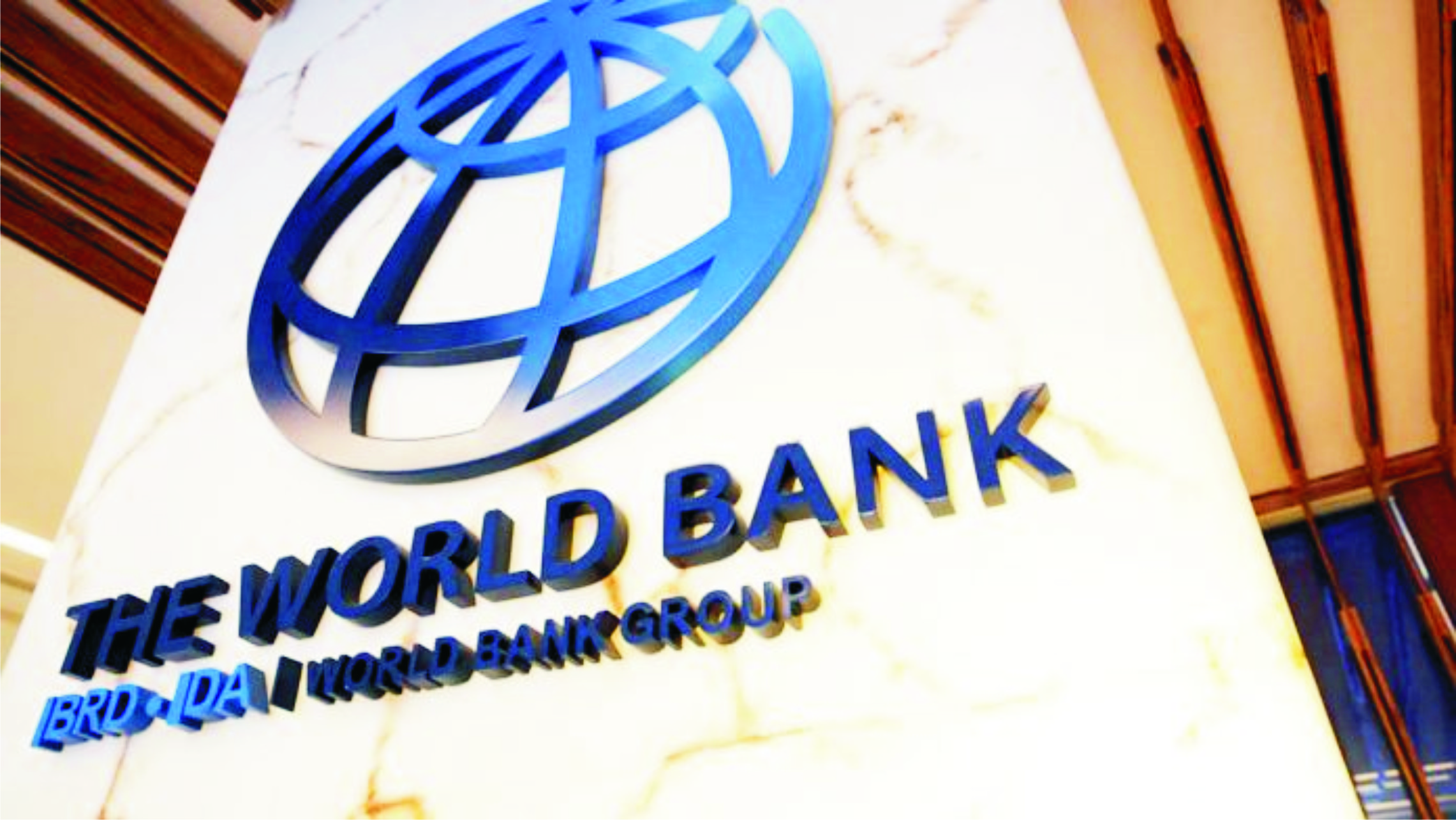Business
NEPZA Partners World Bank, IFC To Develop Trade Zones

The Nigeria Export Processing Zones Authority (NEPZA) said it had entered into partnership with the World Bank and the International Financial Corporation (IFC) to develop infrastructure in the Free Trade Zones across the country.
The move, according to NEPZA will help to attract more foreign direct investments into the Nigerian economy. The NEPZA Acting Managing Director, Mr Bitrus Dawuk disclosed this when the World Bank and the (IFC) delegation visited the authority’s headquarters in Abuja.
Dawuk according to a statement from NEPZA said one of the bottlenecks hindering the optimal performance of Free Trade Zones is NEPZA’s obsolete legislation that is in the process of being amended by the National Assembly. According to him, once the laws were amended, the Authority would be able to generate billions of dollars worth of investments into the country.
He said, “NEPZA is ever ready to work with the World Bank and the IFC in giving Nigeria a world class free zones as there are already measures in place to review the outdated regulations of NEPZA to make it more favourable for foreign investors to come in and invest in the country.
“I will be on your neck from now on, especially in areas of training of my staff for optimum performance.”
In his remark, the Leader of the delegation, Mr Feyi Boroffice said the visit was aimed at strengthening relationship with NEPZA by providing an enabling environment to attract more foreign investors into the country.
This, he said, would be achieved by building anchor projects that would encourage the establishment of industries such as the Dangote Refinery and Petrochemical plant.
He said, “The World Bank group is the multilateral development institution, so, our aim is to go to all the developing countries in the world to see where we can provide funding or advice to help with development.
”So, the typical development is how we can create more jobs, how can we increase women participation in the economic process? How can we increase money and standard investment? How do we increase exports?
”We are also very interested in the Akwa Ibom Free Trade Zone project which we understand is under your authority’s supervision, as we appeal to you and the authority to give us the opportunity to participate in the project for the total economic benefit of Nigeria.”
The IFC representative, Bambo Kunle-Salami said what the World Bank “does is to provide funding and advice to the public sector and government while the IFC deals more with the private sector.”
Business
Nigeria’s ETF correction deepens as STANBICETF30, VETGRIF30 see 50% decline in a week

Business
BOI Introduces Business Clinic

Business
Dangote signs $400 mln equipment deal with China’s XCMG to speed up refinery expansion

-
Maritime4 days ago
Nigeria To Pilot Regional Fishing Vessels Register In Gulf Of Guinea —Oyetola
-

 Sports4 days ago
Sports4 days agoGombe-Gara Rejects Chelle $130,000 monthly salary
-
Maritime4 days ago
Customs Declares War Against Narcotics Baron At Idiroko Border
-

 Sports4 days ago
Sports4 days agoTEAM RIVERS SET TO WIN 4×400 ” MORROW” …Wins Triple jump Silver
-
Maritime4 days ago
NIMASA,NAF Boost Unmanned Aerial Surveillance For Maritime Security
-

 Sports4 days ago
Sports4 days agoNPFL Drops To 91st In Global League Rankings
-

 Sports4 days ago
Sports4 days agoNIGER DELTA GAMES PANACEA TO YOUTH DEV”
-

 Sports4 days ago
Sports4 days agoNPFL Impose Fines On Kwara United Over Fans Misconduct

